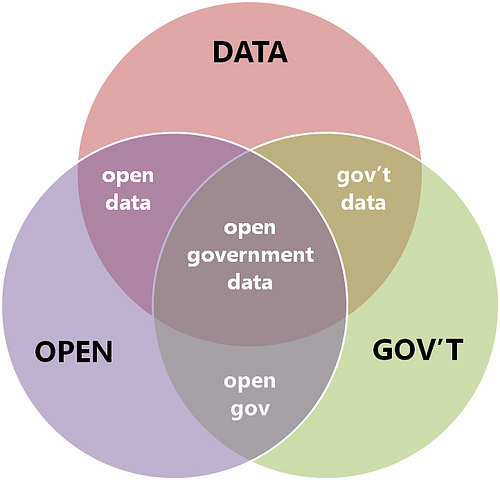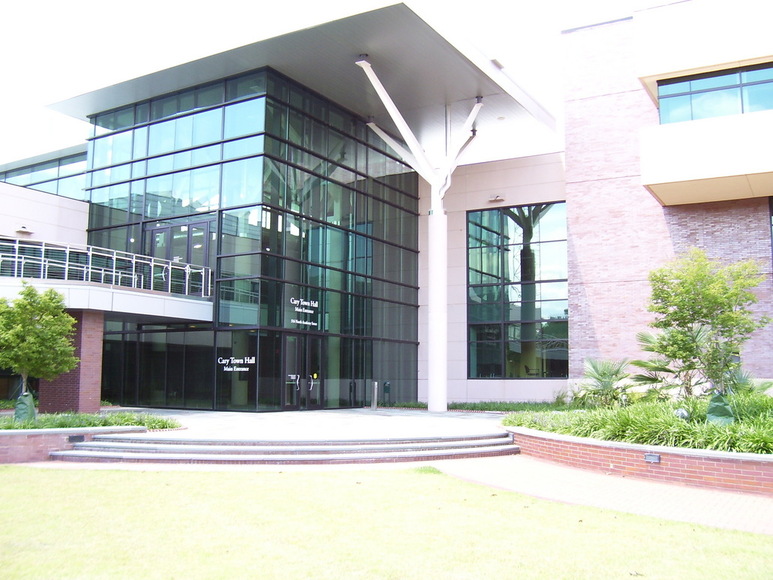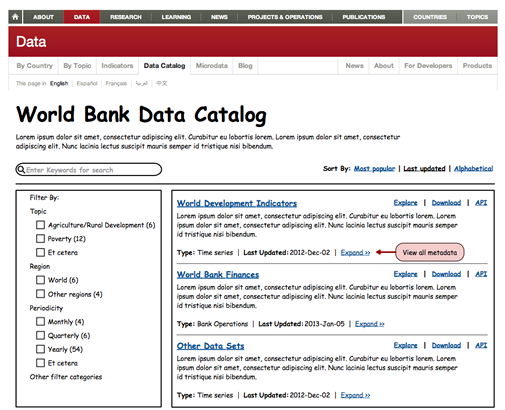Working On-Site at Socrata
I just finished my slide-deck for my presentation to City Council next Tuesday on Raleigh's new open data portal. I have twenty minutes to present 6 months of work and to showcase what I built with the Socrata team last week. Here are some reflections on my time there. Visiting Socrata I went to Seattle to visit my implementation team at Socrata HQ on February 24. I landed in Seattle on Sunday and gave myself a walking tour around the Pioneer Square area that afternoon. Monday I woke up at 3:30 AM local time and started doing my preparation work. My meeting with Kellie was at 1pm. I finished my day to day work and made my way over to Socrata. I met with Saf, Chris Metcalf and several other folks. Saf made sure I understood two things about visiting Socrata: Make yourself at home with coffee, snacks or beverages Follow the recycling bin signage very carefully! Working with Socrata Working with Socrata is like being immersed in all of the open data intiatives world-wide all at once.





